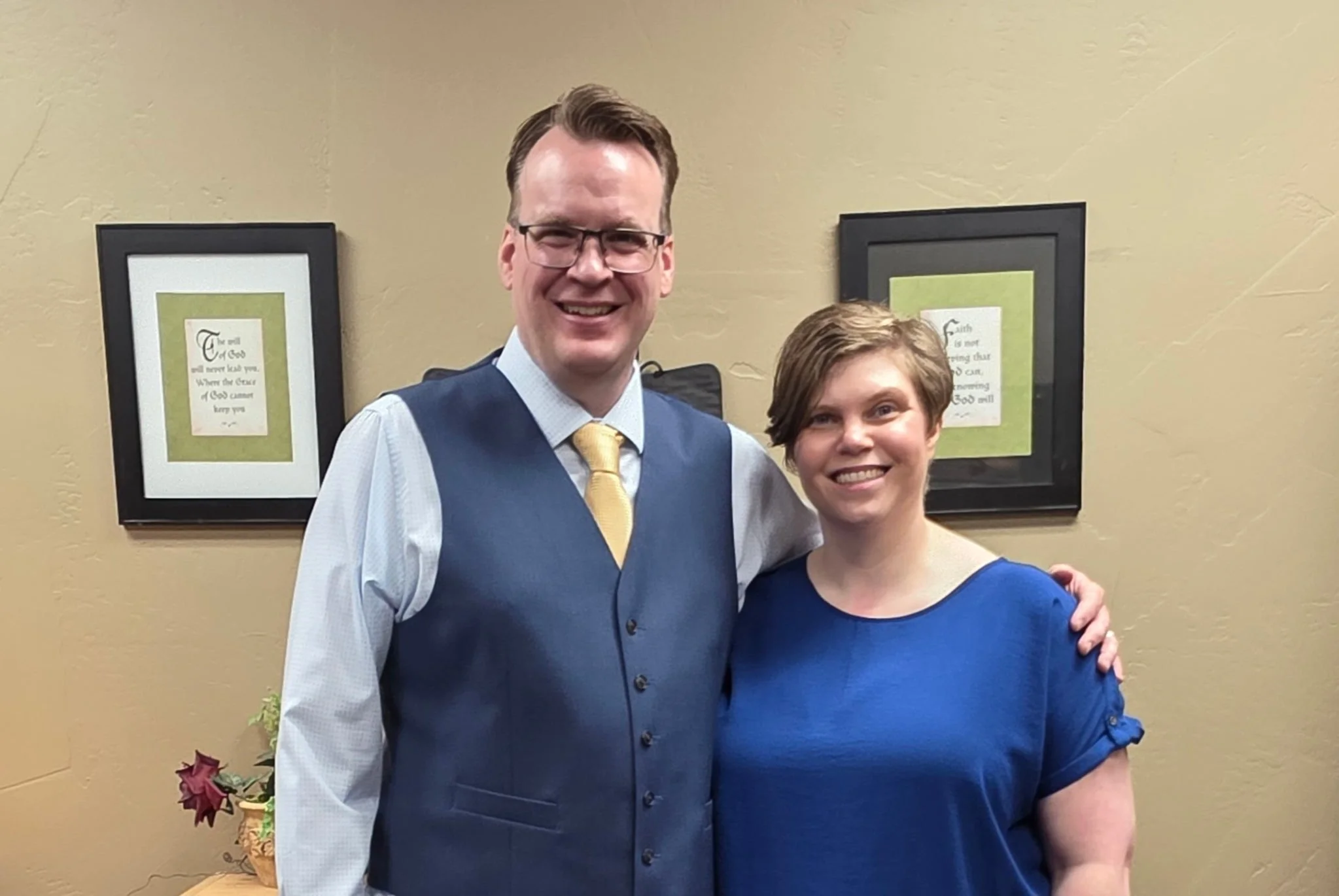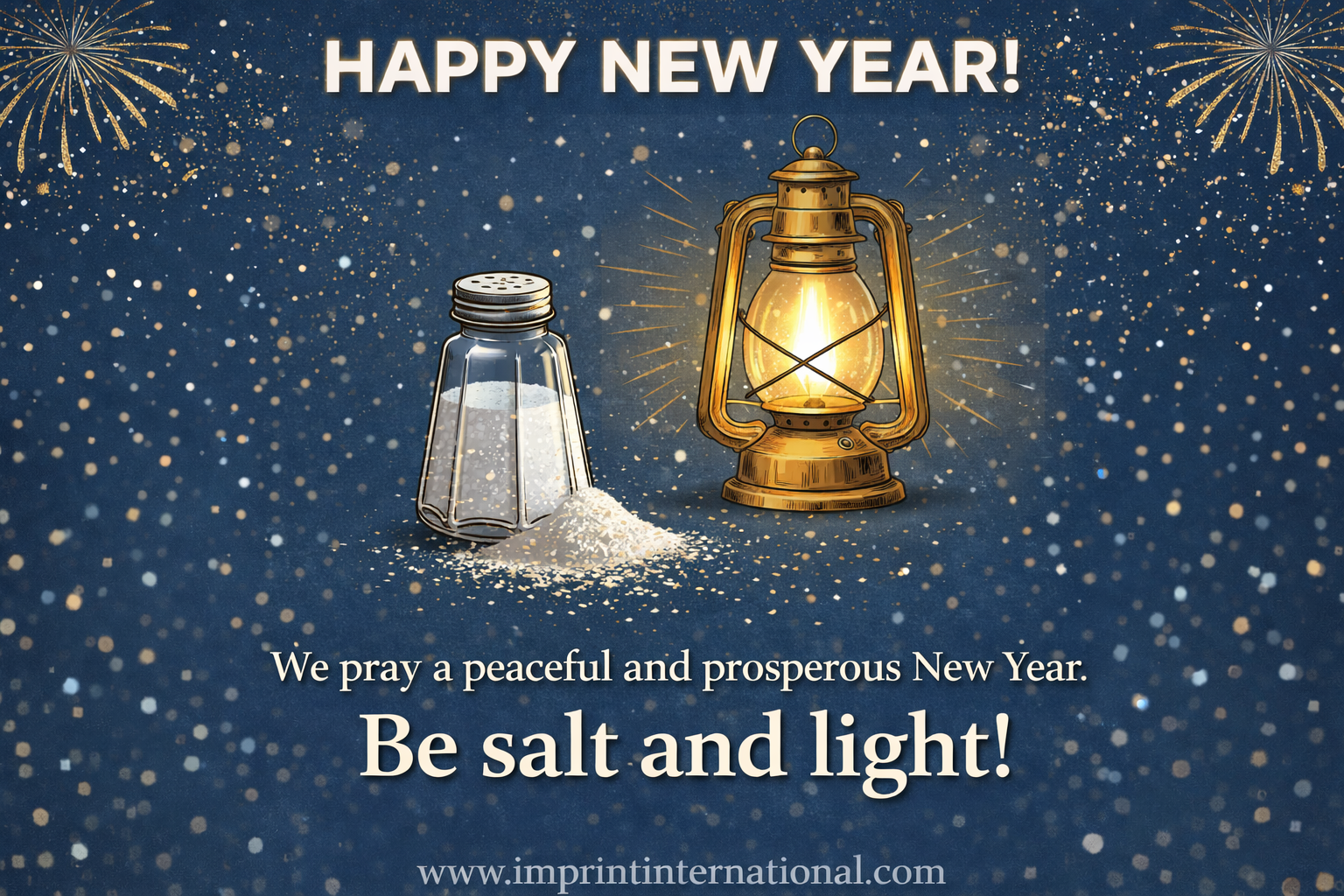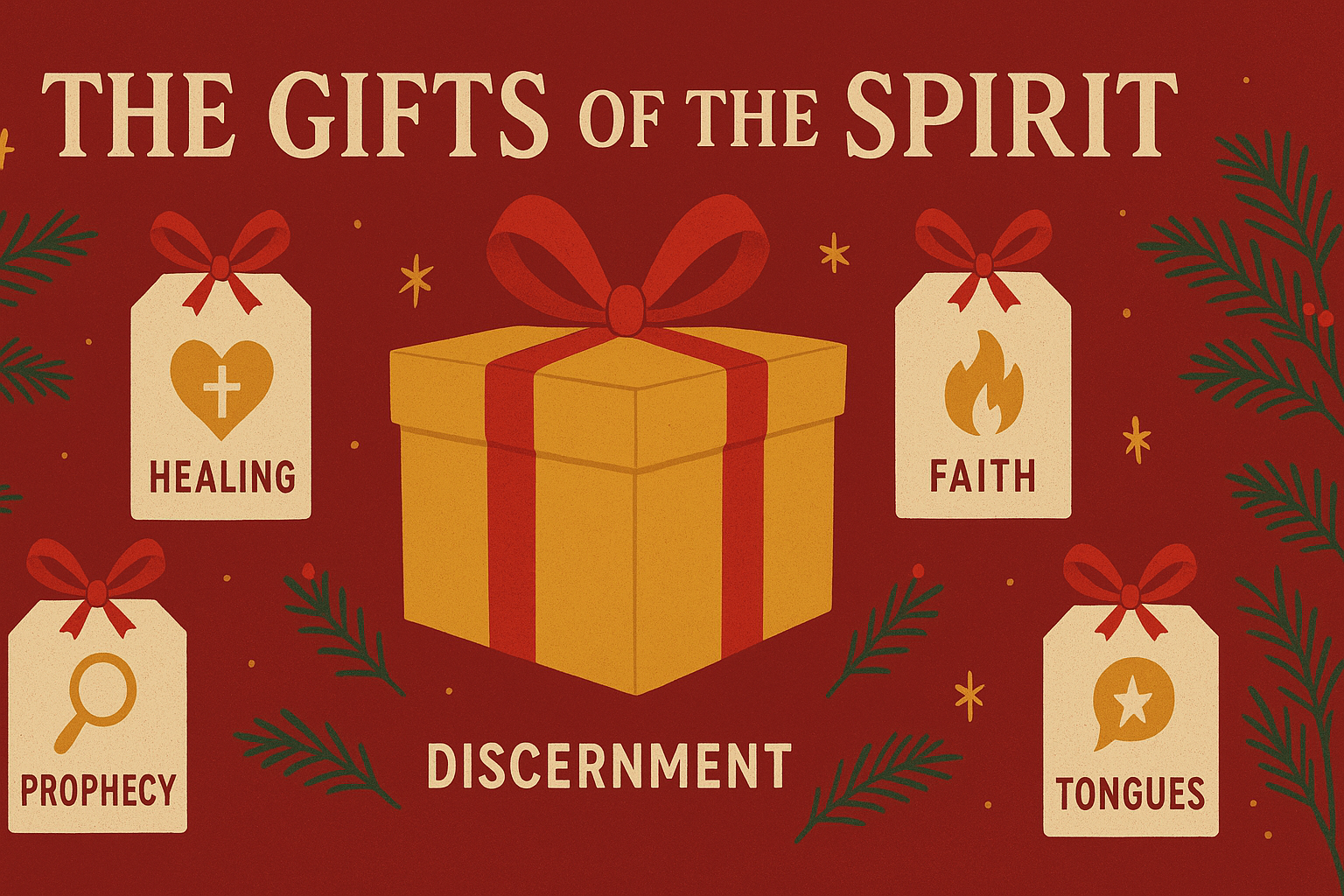Surrender Over Resolutions: Inviting God into the Year Ahead
/Victory at the Gym
How are those New Year’s Resolutions coming now that it is mid-January? Are the gyms empty again by now? We often find ourselves feeling pressured to improve and fix what feels broken in our lives. We are encouraged to set new resolutions, relying on our own discipline to create change. However, these resolutions often fade quickly, leaving us feeling discouraged and stuck in a habit. However, scripture reminds us that transformation doesn’t come from discipline in our own ways, but from trusting God's plans for our lives. Proverbs 16:1-3 says,
“To humans belong the plans of the heart,
but from the Lord comes the proper answer of the tongue.
All a person’s ways seem pure to them,
but motives are weighed by the Lord.
Commit to the Lord whatever you do,
and he will establish your plans.”
Biblical surrender isn’t giving up - it’s placing our plans, expectations, fears, and timelines into God’s hands. It is choosing to trust Him even in uncertainty. Jesus modeled this when He prayed, “Not my will, but Yours be done.” When we release our need for control, we invite God to lead us in ways that are wiser and more loving than our own. Surrender shifts focus from what we can accomplish to what God desires to do with us.
Philippians 3:13-14 says, “Brothers and sisters, I do not consider myself yet to have taken hold of it. But one thing I do: Forgetting what is behind and straining toward what is ahead, I press on toward the goal to win the prize for which God has called me heavenward in Christ Jesus”. 2026 is the year to leave what is behind us behind, and persevere with confidence - seeking out the will of God in all situations, and pressing on to trust Christ in all things.
As we step into this new year, perhaps the invitation isn’t to create better resolutions but to open our hands and hearts before God. Daily surrender frees us from pressure and replaces it with peace, knowing that God is faithful with what we place in His care. When we seek Him first, He promises to guide our steps - one day at a time.
This year, may we walk forward not striving for perfection, but trusting the One who already holds our future.





